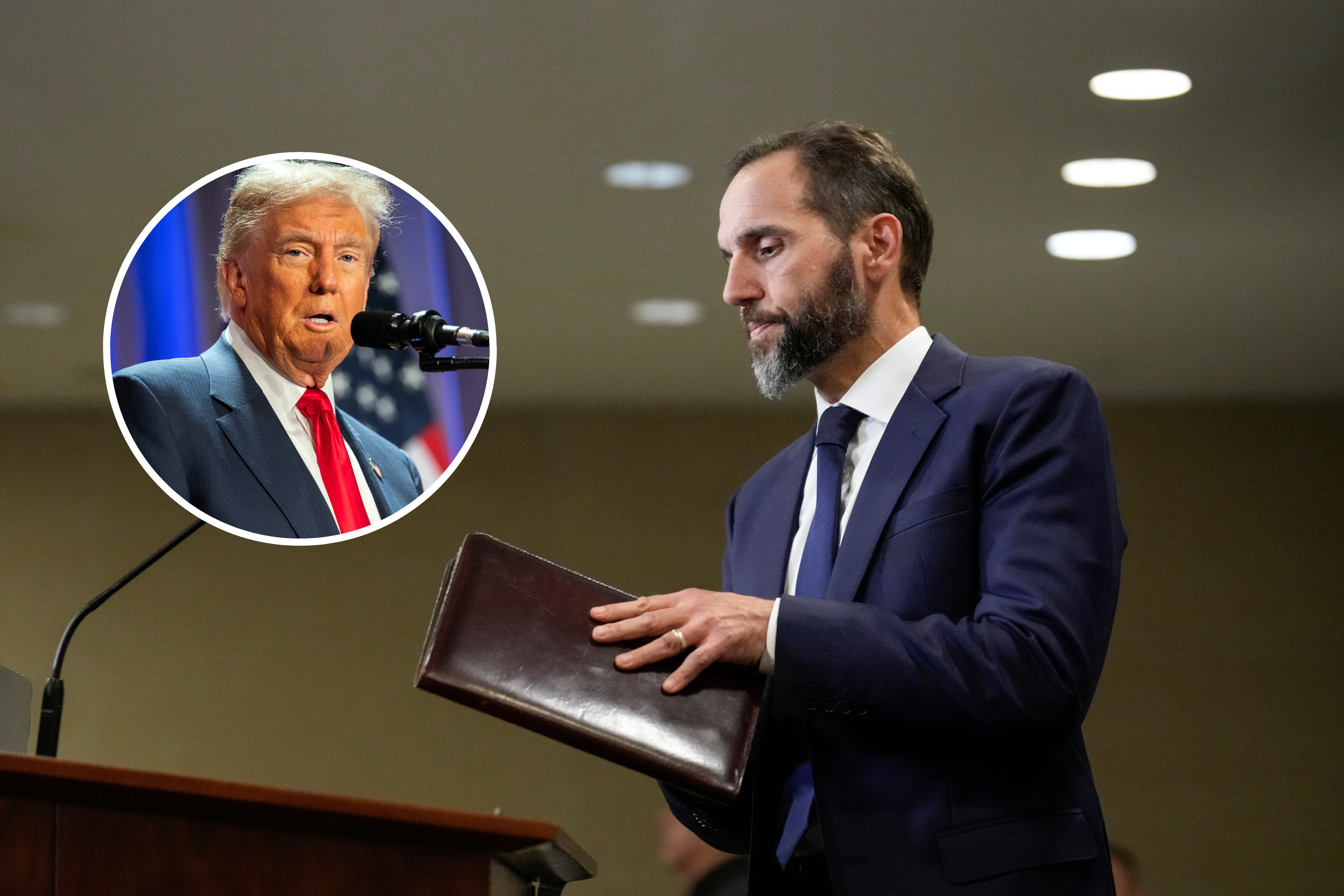New advanced U.S. drone systems have been hailed as "game changers" after being successfully tested on the front lines of the war in Ukraine.
Developed by two leading American tech companies, the revolutionary counter-drone technology has shown impressive potential to take down drone threats in real-life combat situations and boost battlefield intelligence.
Russia and Ukraine have both relied on drones to track enemy movements, guide weapons, and execute strikes since Russian President Vladimir Putin launched a full-scale invasion of Ukraine in February, 2022.

IronNet, the AI-based collective defense cybersecurity company, and Astrion Systems, a leader in counter-unmanned air system (UAS) technology, have collaborated to create a defense system capable of protecting entire countries.
The defensive network is formed by combining IronNet's Iron Dome cybersecurity system, which provides real-time detection of cyber threats, with Astrion's Hitchhiker counter-drone technology. The system is designed to neutralize hostile drones."
This integrated defense solution offers robust protection against digital and physical threats, ensuring enhanced security for critical systems on the battlefield.
The Hitchhiker is a high-speed, electric-powered interceptor drone designed to destroy enemy drones, such as the Iranian Shahid, more cost-effectively than traditional defense systems like the expensive Patriot missile.
Cyberattacks aimed at disabling defense systems often precede large-scale drone assaults, putting critical infrastructure at risk.
However, the partnership between IronNet and Astrion ensures that defenses are protected from cyber threats even before enemy drones are launched. IronNet's advanced cybersecurity capabilities safeguard systems from potential breaches, while Astrion's counter-drone technology can then be deployed to track, target, and destroy incoming enemy drones, providing a layered and proactive defense against both cyber and aerial threats.
It has been described as a "game changer" by Admiral Mike Hewitt, a cybersecurity investor and a director of the US-based IronNet, who said the two companies would transform the way countries are protected from a joint cyber and drone attack.
He told National Security News: "Astrion is a counter-unmanned Air System (UAS) company that can basically provide complete coverage of a country from threats by drones. It can see drones, classify them, track and then it can destroy them with their own drone that they launched from multiple locations."
"So it's really going to be twofold," Hewitt said. "One, IronNet will provide a cyber, resilient cybersecurity collective defense system for the Astrion network, which is critically important because the way to disrupt the counter-UAS network is via a cyberattack of some kind. Additionally, what we are developing is the ability for IronNet to actually deliver cyber payloads against the adversary drones using this network."
He added: "IronNet has their Iron Dome capability, which would then be applied to the Astrion counter-UAS ecosystem to give it cyber protection, which is critically important for them to be able to operate in what we would call a 'denied environment' because I can promise you that one of the attacks that would happen to disrupt the counter-UAS system would be a cyberattack in advance, perhaps, of the drone launch.
"We have shared this capability of both IronNet and Astrion with different leaders in Ukraine that are on the front line. And I will tell you the feedback we got is how fast can you get this capability here? And that came from people that are actually executing in the front lines at a very high level.
"So we took that with a great deal of confidence that this would be a game changer in Ukraine. Our intention is to bring this collaborative partnership to Ukraine."
This new military technology could redefine modern warfare dynamics.
Meanwhile, Ukraine is deploying numerous domestically produced drones equipped with AI-enhanced systems, according to Reuters.
Speaking on the benefits of using AI in military operations, Tyler Saltsman, CEO of EdgeRunner AI, told Newsweek: "Imagine you're a soldier on a critical mission, with a general issuing instructions from a distant command center while you're on the ground.
"An expert AI assistant has access to extensive data from similar missions and can recommend the optimal course of action, significantly enhancing your chances of success. The officer can then integrate real-time observations with the AI's insights to swiftly make informed decisions.
"The AI can help mitigate errors by facilitating immediate corrective actions or suggesting a more adaptable approach, ensuring flexibility."



















 English (US) ·
English (US) ·